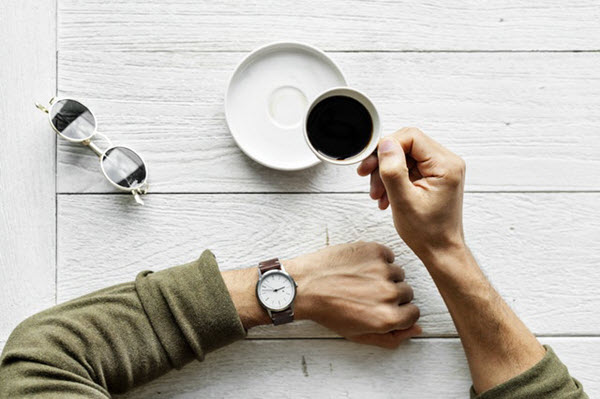Have you ever heard something so contrary to what you believe that it made you question your entire existence? Well, buckle up because you’re about to.
Here are 5 coffee myths that will make you question everything:
Coffee is a diuretic

Do you believe that coffee will dehydrate you? You’re probably wrong.
To bust this myth, researchers at the University of Birmingham studied the fluid levels of 50 men who were in the habit of drinking a whopping 6 cups of coffee every day. What they found is probably the most surprising news you’ll hear all week: Coffee provides similar hydration to water.
Coffee causes anxiety
This one isn’t as cut-and-dry, but coffee doesn’t necessarily cause anxiety.
In fact, coffee signals a dopamine release that can alleviate symptoms of anxiety in some people. If you have situational anxiety, drinking coffee may actually help avoid a panic attack by releasing a feel-good chemical in the brain.
Of course, anyone who has had the coffee jitters knows the dangers of overdoing it. If you suffer from situational anxiety, try limiting your coffee intake to one cup a day. And if you find that makes things worse, ditch the coffee altogether. Everyone is different, and it’s important to do what works best for you.
Some people also believe that specialty coffee, the highest coffee grade, is less likely to cause negative side effects like anxiety and jitters. Unfortunately, science has yet to tackle this topic yet, so we lack research to prove or disprove that point.
Light roast has more caffeine
In reality, light roast and dark roast have the same amount of caffeine by weight. This is why you’ll find conflicting information on the web. It’s a bit of a confusing concept.
Every cup of coffee starts with a coffee bean. Roasting does not increase the amount of caffeine you’ll get out of that bean. So, in essence, the dark bean and the light bean have the same amount of caffeine.
Here’s the difference:
Light roast coffee beans are lighter and denser than dark roast beans.
Think about what happens when you roast a marshmallow. The more you roast that marshmallow, the lighter and less dense it becomes. The same happens with a coffee bean.
So, when you grind the denser bean, you get more substance in each coffee grind.
Bottom line: If you measure out a gram of light roast and compare it with a gram of dark roast (assuming it started with the same type of bean), you’ll get the same amount of caffeine.
If you were to measure those grinds by volume, you’d get more caffeine in the light roast. And since we measure coffee by volume, you’ll probably get more caffeine in a cup of light roast over dark roast.
More coffee myths
These three myths are probably the most damaging and widespread myths about coffee. They’re the ones that keep people from boosting their productivity with a morning cup.
Have you heard any interesting myths that need to be busted?